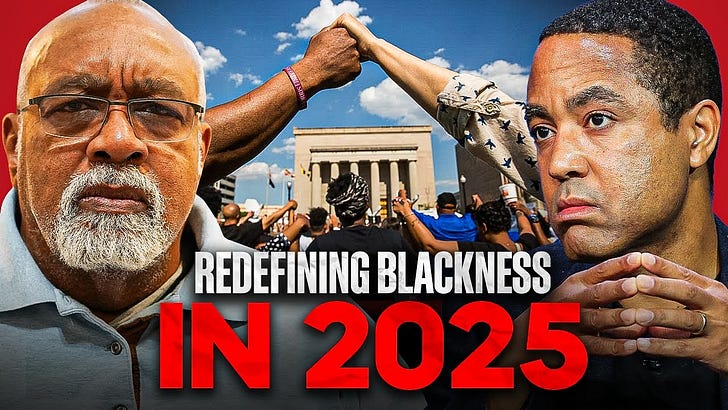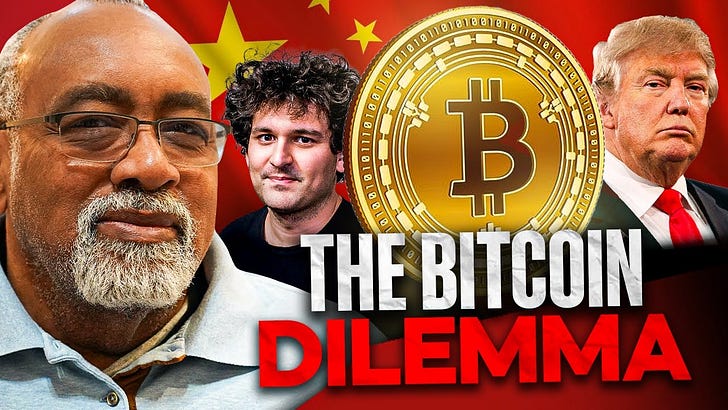Almost as soon as I announced that the political scientist Norman Finkelstein would appear on the show, I began receiving emails protesting my decision. Those emails only increased in volume and length after I released the episode. I understand that Norman’s criticisms of Israel evoke strong feelings in some of that nation’s most ardent supporters, and in fact I do not share or endorse many of those criticisms. But I cannot help but be fascinated by Norman’s persistence in advocating for causes he believes to be righteous. John calls Norman a “happy warrior,” someone who relishes the fight almost as much as the principles behind it. Perhaps there’s something to that. It takes a certain kind of person to advocate for their cause not only despite but because of the resistance they face.
At the time of his assassination, for example, Martin Luther King was not a popular figure. If his causes were as popular then as they are now, if his beliefs about racial equality and justice were shared by as many Americans then as they are now, there would have been no need for a leader such as him. (To be clear, I am in no way equating Norman Finkelstein to Martin Luther King!) What makes a person like MLK or Malcolm X push through persecution and state violence and assassination attempts in the name of a cause they deem to be righteous? For that matter, what makes us want to erase the name of a figure like Woodrow Wilson who, for all his flaws (including deep, visceral racism), did much to improve our country?
History is never finished. We are forever writing and rewriting the past in order to make sense of the present. For example, it now seems unthinkable that we’ll ever see a public monument to Clarence Thomas. But perhaps, in the future, we’ll look back and wonder how even a figure as polarizing as Thomas could be written off so blithely.
This post was released on Monday to paying subscribers and is now unlocked. To receive early access to TGS episodes, an ad-free podcast feed, Q&As, and other exclusive content and benefits, click below.
Featured Content from City Journal
A federal appeals court ruling on admissions at a prestigious Virginia high school could have major implications for future court fights over affirmative action, writes Robert VerBruggen.
0:00 Inside the mind of a crack columnist
4:19 The blowback from Norman Finkelstein’s TGS appearance
15:27 Is it enough to be a “happy warrior” for your cause?
28:45 How did MLK become MLK?
37:37 What’s in a name when that name is “Woodrow Wilson”?
49:10 Glenn: “Clarence Thomas’s name should be on public school buildings”
Recorded May 30, 2023
Links and Readings
Norman Finkelstein’s book, I’ll Burn That Bridge When I Come to It: Heretical Thoughts on Identity Politics, Cancel Culture, and Academic Freedom
Jonathan Eig’s new biography of Martin Luther King, King: A Life
Jonathan Eig’s biography of Muhammad Ali, Ali: A Life
Charles Johnson’s novel, Middle Passage
Charles Johnson’s novel, Dreamer
Reza Aslan’s new book, An American Martyr in Persia: The Epic Life and Tragic Death of Howard Baskerville
PBS’s Frontline documentary, Clarence and Ginni














Share this post